In Defense of RetroPie: Why Emulation is Important
Thanks to RetroPie, as well as retro gaming emulation platforms such as Recalbox, Lakka, Batocera, and Launchbox, the emulation community is alive and well. Yet, the maker community has something of a joke that everyone's just using their Raspberry Pi boards for emulation. I've got nothing wrong with RetroPie, nor any of the great alternatives such as Lakka, Recalbox, and Batocera. However, the Pi is capable of much more advanced projects. Still, it's about time we recognized emulation platforms like RetroPie for the service they do for the gaming community. While the legality of this is, at times, less than questionable, from a preservationist's perspective, it's a crucial and much-needed means of holding onto history. Learn all about why emulation is important!
What is Retro Gaming Emulation?
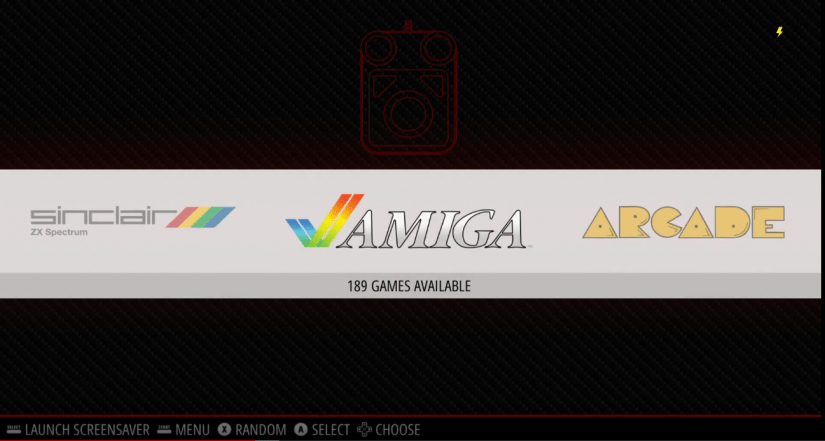
At its most basic level, emulation is a method of using a computer to imitate another device. This could be anything from running Android apps using a Windows PC with a specialized program or using WINE to run Windows programs on Linux and UNIX-like operating systems. Although WINE technically isn't an emulator since no CPU emulation is performed, it's still the same concept: running software outside of its native environment.
For retro gaming emulation, it's much the same premise. Various emulators are able to run ROMs or ISO files. A ROM is a cartridge dump, while an ISO is a disc image rip. A program such as MAME allows users to play arcade cabinet games without the original hardware for example. Or the emulator PCSX2 lets you play PlayStation 2 ISOs on a PC or Android TV box rather than on a PS2.
Is Emulation Legal?
Although there's a connotation of illegality often associated with emulation, it's not inherently illicit. There are loads of homebrew games, previously unreleased titles, and game demos that you can run using emulators. Additionally, certain video games may be available in the public domain, meaning they're completely free and legal to download. Although ripping your own game cartridges and discs might, similar to ripping your own DVDs and Blu-rays, be considered technically illegal, so long as it's for personal use, that should be considered fine. Even downloading ROMs of games that you legally own a copy of could be considered fair use, but fair use as a legal defense is pretty ambiguous on that matter.
If I download a copy of Harry Potter and the Sorcerer's Stone for PlayStation 1, one of the most underappreciated PS1 gems, rather than taking the time to rip my disc of the game, in theory it's a no harm no foul situation. Should I rip that myself, pretty much anyone would agree that, so long as I don't share that ISO file, my digitized copy operates perfectly within my bounds as the owner of that game. Only now I can play on my PC, Raspberry Pi, or even Nvidia Shield TV. Regardless, we here at Electromaker do NOT condone piracy. An emulator itself is completely legal to use as well. Like a torrent client, emulators aren't illicit. Rather, it's what ROMs or ISOs you run on an emulator that dictate legality.
Why Emulation is Important
But why should you care? Why is emulation important? From protecting against disc rot and failing cartridges to preserving lesser-known titles and maintaining access to demos, homebrew titles, and public domain video games, there are tons of reasons.
Benefits of emulation:
- Protection against disc rot, broken cartridges, and hardware failures
- Wider game library availability
- Able to play homebrew games, unreleased titles, demos, public domain games, etc.
- No DRM restrictions
- Many official first-party sources (GOG, Nintendo, etc.) use emulation software
Disc Rot, Broken Cartridges, and Hardware Failures
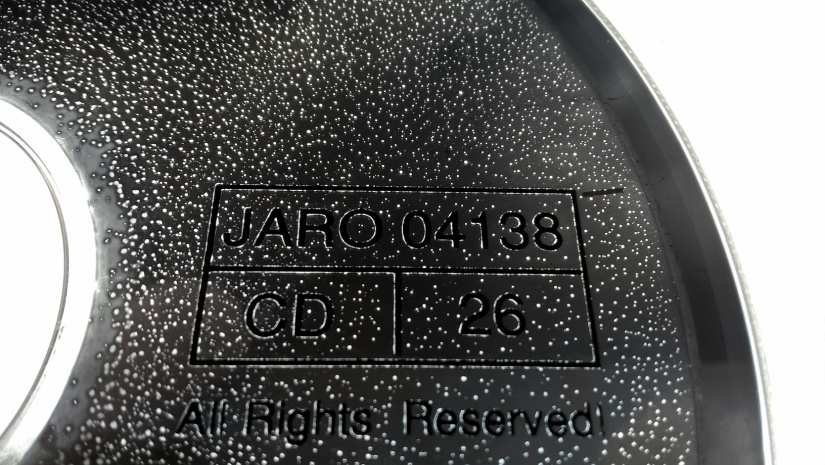
One of the biggest arguments against emulation is that gamers can simply buy game cartridges and discs. While this is true, and players indeed should own copies of titles they wish to emulate, physical media can, and often does, fail. Discs suffer disc rot, game cartridges wear out, and consoles break down. Although I own the entire "Veronica Mars" series on DVD, I was saddened to discover that my season 1 DVD set mysteriously stopped working. Only about half of the first season DVDs play, a tragic result of disc rot. Ripping DVDs provides a DRM-free (digital rights management) copy of that content that you are free to use how you wish and playback using whatever apps you like.
Game Availability
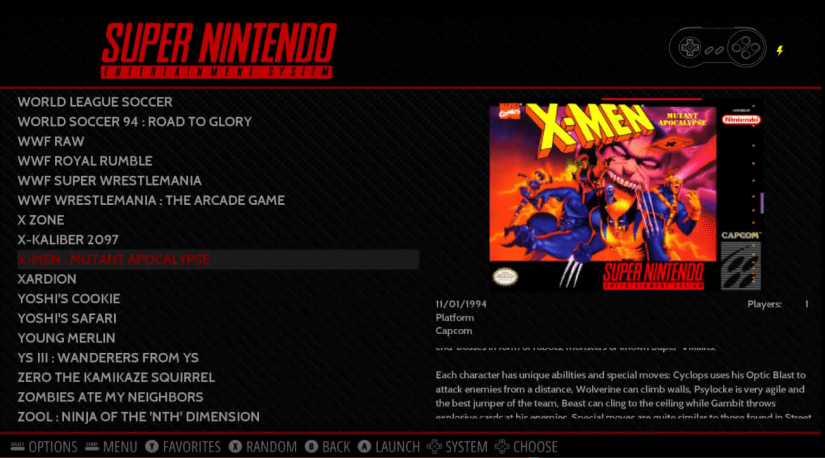
After the enormous success of the Nintendo Entertainment System (NES) Classic Mini, a slew of retro console clones hit shelves. Nintendo followed up its NES Mini with the SNES Classic, Sega dropped the Sega Genesis Mini/Mega Drive Mini, Sony dropped the PlayStation 1 Classic, Atari offers its Flashback console, and the Neo Geo X provided a smattering of original Neo Geo games. Plus, devices such as the Retron 5 allow for playback of original cartridges or discs without the original console.
But while Nintendo and Sony sell retro games via mini console clones as well as through digital stores, the proportion of available games pales in comparison to what was released. For example, the NES Classic Edition boasts a paltry library of 30 games, well short of the full library. Likewise, the SNES Classic bundles about 20 Super Nintendo titles, a drop in the bucket of the complete collection. And the PS1 Classic features 20 games, hardly close to the entire set of PlayStation 1 games. Although it's understandable why the likes of Sony and Nintendo weren't able to include the entire array of games, there's no legal means of adding your own after the fact.
Moreover, selection is limited mostly to the greatest hits. Sure, the average user probably wants to play heavyweights. But cult classics and under-the-radar gems are threatened with being lost to the unrelenting sands of time, disc rot, and bent cartridge pins.
Emulation Helps Official Sources
Another notch in the belt for emulation: it often benefits official sources. Many years back at a yard sale, I found a copy of the 1997 Westwood Blade Runner PC game. For a quarter, no less, easily the best 25 cents I've ever spent. Hurrying home, I popped the first of the 4-CD set into my computer only to discover that it wouldn't play on a 64-bit operating system. Luckily, I was able to slot through the multi-disc installation using WINE on Linux. However, in December 2019, GOG dropped Blade Runner available to purchase legally and compatible with modern systems using the magic of the ScummVM emulator. So emulators can actually be used to provide legal digital copies of video games via outlets such as GOG and Steam.
And even Nintendo employs emulator software just the way video game pirates do. Dismantling an NES Classic Mini reveals a tiny quad-core Linux board with 256MB of RAM and 512MB of flash memory. Therefore, more polished emulators actually benefit the likes of Sony and Nintendo.
DRM Restrictions
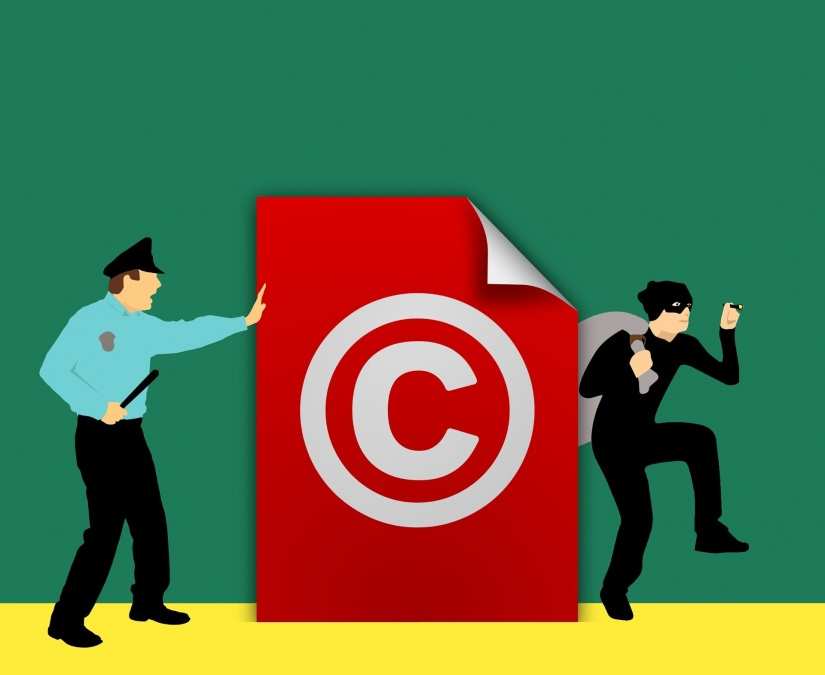
A huge downside to digital games is DRM, or digital rights management. DRM plagued, and still does, many music and video files. However, many digital music delivery services such as iTunes eventually did away with DRM because of customer demand. Likewise, the majority of digital game delivery stores such as Steam, Epic, and Origin lockdown their titles with DRM thereby restricting how, and where, players may install their purchases. On the one hand, combating piracy is understandable. But by the same merit, your purchases cease to be your own.
On iTunes, Apple proved that even movies, TV shows, or music you've bought, not merely rented, may be unavailable. Typically, purchasing a digital item ranging from a movie to an album or video game, grants you access regardless of whether or not it's still on digital marketplaces. Despite its notable, and disappointing, absence on the PlayStation store, I'm nevertheless able to download and play Turtles in Time Re-shelled since I bought it.
But in a famous and infamous case, several movies disappeared from Apple libraries. Apparently, downloading a DRM-ed file is the only method of preserving a file from iTunes. Should Apple lose the rights for that work of art, it might completely vanish from your digital library. And that comes with its own host of issues, such as the inability to download 4K HDR content purchased from Apple. Downloads are limited to 1080p HD. Further restrictions limit what devices you can download files to. Such constraints are precisely why I prefer to own a physical copy of an item, whether a vinyl album, DVD, Blu-ray, CD, or otherwise, and create my own DRM-free digital backup. If I purchase something, I want full ownership. Plus, with an increasing number of services including digital video delivery platform UltraViolet being shuttered, there's an increasing risk of losing entire digital libraries.
You can Legally Emulate Many Video Games
Finally, you can legally emulate tons of video games. There are loads of homebrew games, titles in the public domain, freeware video games, demos, and more. Loads of video games including Beneath a Steel Sky may be legally downloaded and played. And emulation software allows you to play ROM hacks too, which are derivative works of existing ROMs. So emulation programs let you play a bevy of games you otherwise wouldn't be able to on cartridges. With emulators, it's possible to enjoy the likes of The Legend of Zelda: Parallel Worlds, a fan-made revamp of The Legend of Zelda: A Link to the Past. Similarly, you can play the Super Mario World hack Super Mario Bros. 4, a game hack you can run with an emulator.
The Case for Emulation - Final Thoughts
Although there's a running joke about everyone simply using their Raspberry Pi to run RetroPie, emulation and accordingly programs such as the RetroPie Project serve a valuable purpose: preservation of gaming history. In contrast to a DRM-ridden copy of a retro game, a legally obtained ROM or ISO file comes with zero restrictions. That game won't disappear should a service go offline or lose the rights to sell a particular title.
Thankfully, the likes of GOG, The Internet Archive, and a host of others have doubled down on their commitment to software preservation. You can, and absolutely should, purchase games both digitally and physically. But emulation, so long as you're running games you've bought and paid for, is a great way to ensure a restriction-free experience.




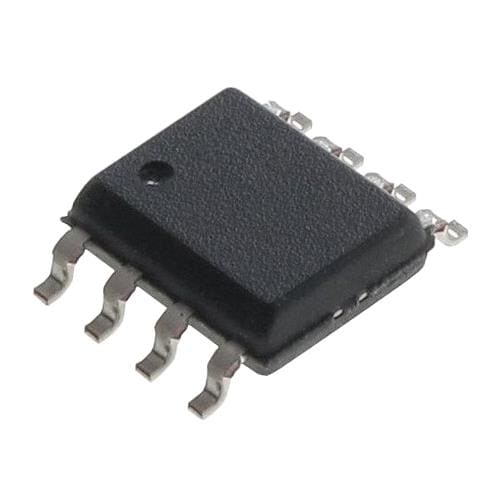




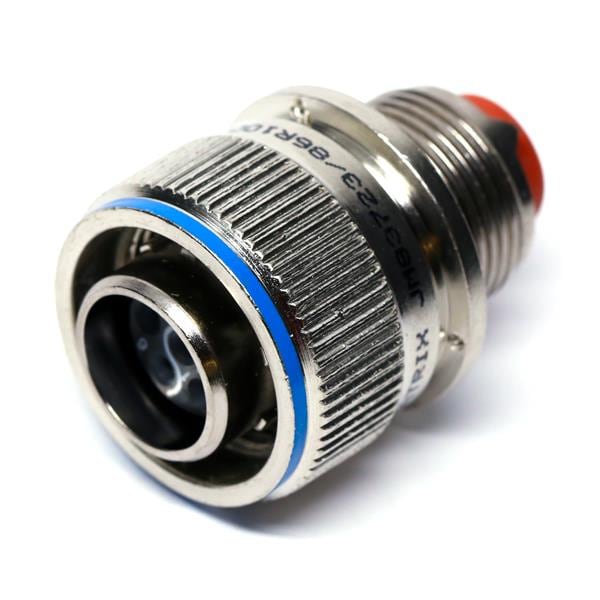


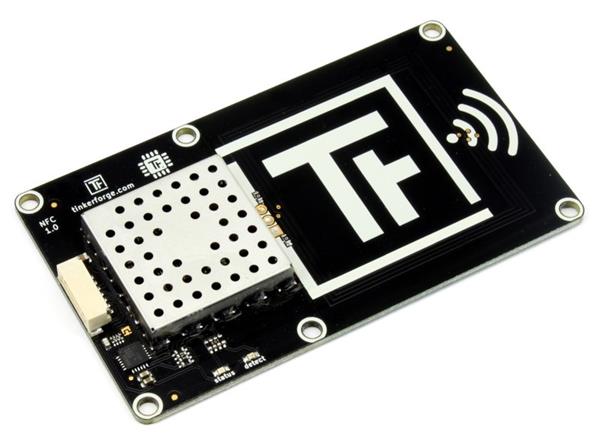




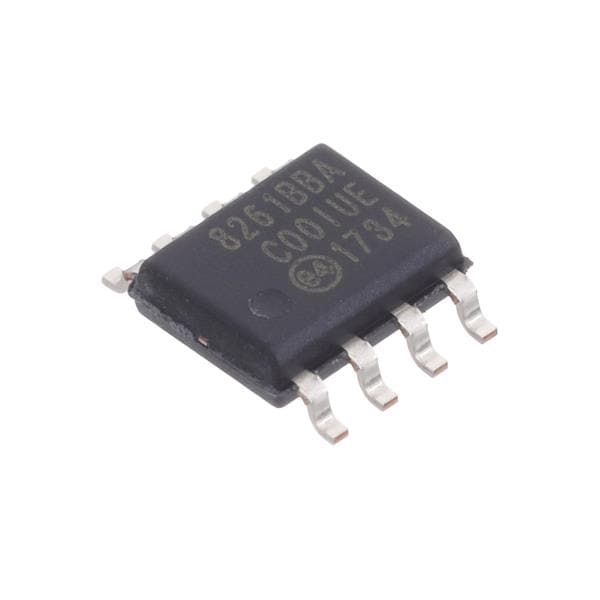
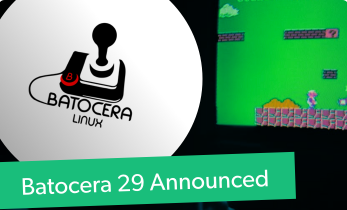

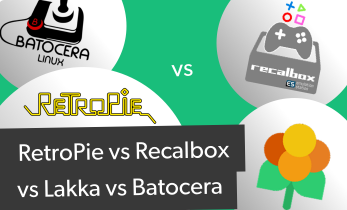

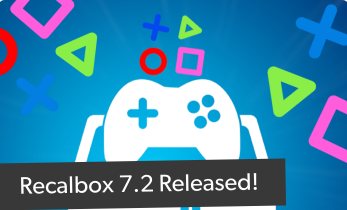




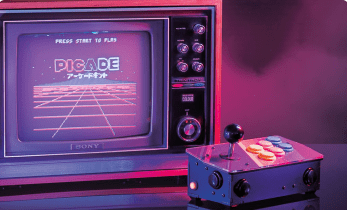






Leave your feedback...